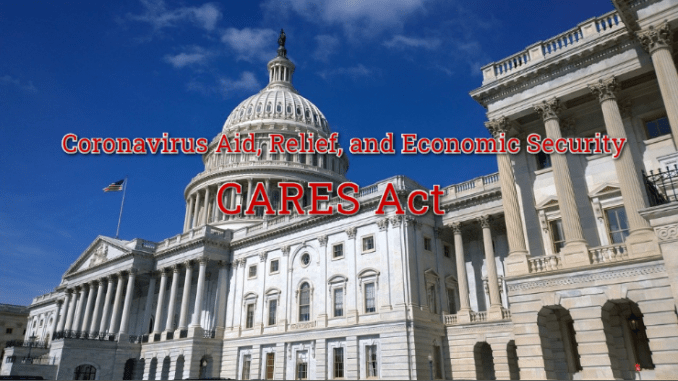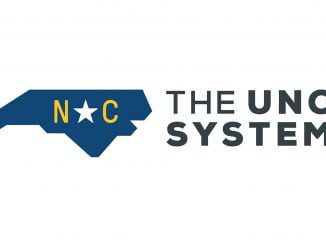
RALEIGH — Colleges and Universities in North Carolina will be receiving portions of federal funding for COVID-19 relief under the federal CARES Act.
The CARES Act is the $2 trillion economic stimulus bill passed by Congress in March in response to COVID-19. $14 billion of the CARES Act funds are for the Higher Education Emergency Relief Fund and institutions of higher learning in North Carolina will be receiving over $182 million.
Earlier this month, the Department of Education issued a breakdown of the funding by school. The list includes more than 5,000 higher education schools across the country and includes trade schools, community colleges as well as four-year colleges and universities.
Most schools will receive several million dollars and at least a number of schools in the Tarheel state garnering allocations in the double-digit millions. The University of North Carolina at Charlotte is one at the top of the list with over $24.6 million.
Private schools receiving funds, to name a few, include Duke University with over $6.7 million, Elon University with $2.9 million and Davidson College receiving over $1.2 million.
At the low end of the scale receiving only thousands or hundreds of thousands were trade schools, technical colleges and various preparatory institutions.
“The most significant portion of that funding allocation provides that $12.56 billion will be distributed to institutions using a formula based on student enrollment,” said U.S. Department of Education Secretary Betsy DeVos in an April 9 letter to higher education institutions.
“Of the amount allocated to each institution under this formula, at least 50 percent must be reserved to provide students with emergency financial aid grants to help cover expenses related to the disruption of campus operations due to coronavirus,” DeVos wrote. “We are prioritizing this funding stream in order to get money in the hands of students in need as quickly as possible.”
DeVos’ letter says that the CARES Act gives institutions “significant discretion” on how to award emergency assistance to students and lets each institution develop its own system and process for allocating the funds.
The only statutory requirement for allocating the CARES Act education funds is that it must be used for expenses related to the disruption of campus operations due to coronavirus. This can include eligible expenses related to a student’s cost for food, housing, course materials, technology, health care, and child care.
Roughly 90% (over $12.56 billion) of the funds in the Higher Education Emergency Relief Fund will be awarded to higher education institutions based on two formula factors.
75% of the funds will be awarded based on the institution’s share of full-time equivalent (FTE) enrollment of Pell Grant recipients who were not enrolled exclusively in distance education prior to the COVID-19 emergency.
The remaining 25% of the funds will be awarded based on the share of FTE enrollment of students who were not Pell Grant recipients and who were not enrolled exclusively in distance education prior to the coronavirus emergency.
Both of these percentages calculated “relative to the total full-time equivalent (FTE) enrollment of such students in all institutions of higher education.”
The first factor primarily allocates funds based on undergraduate enrollment since Pell Grant eligibility is limited to undergraduates and students in postbaccalaureate teacher education programs. The second factor allocates funds based on undergraduate and graduate enrollment.
Earlier in April, the bipartisan Education Working Group for the House Select Committee on COVID-19 met with higher education officials to ascertain financial needs and legislative policy fixes.
Present at that meeting were Dr. Bill Roper, interim president of the University of North Carolina System; Dr. Peter Hans, president of the N.C. Community College System; and Dr. Hope Williams, president of N.C. Independent Colleges and Universities.
The N.C. Independent Colleges and Universities (NCICU) requested a one-time support of around $36 million in nonrecurring funds, $10 million in non-recurring fund assistance for students whose families have been affected by COVID-19, as well as additional financial-aid related and grant requests totaling $25million.
The N.C. Community College System (NCCCS) financial requested a one-time payment of $25 million and $41.5 million for the fiscal year 2020-21 to cover enrollment growth for instruction.
UNC System has requested just over $29 million for education already delivered over the course of 2019.


